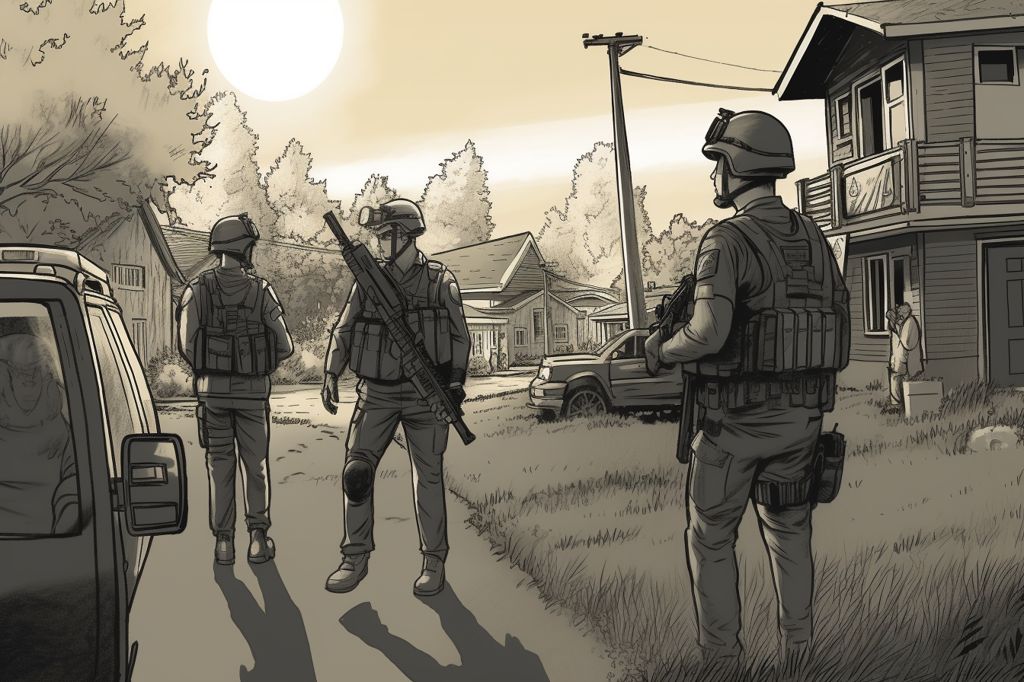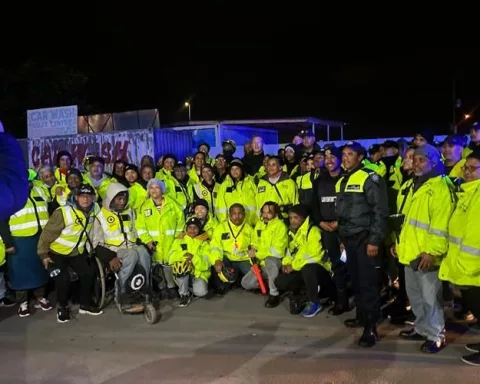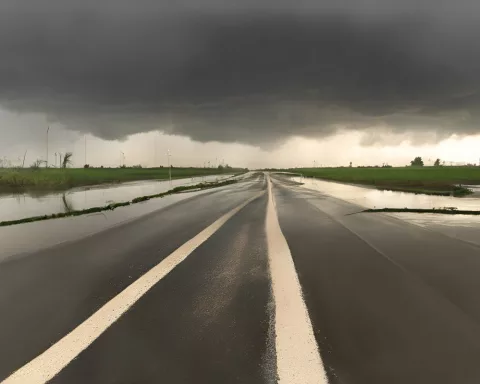The Law Enforcement Advancement Plan (LEAP) is a collaborative effort between the Western Cape Government and the City of Cape Town, aimed at bolstering community safety and security. LEAP has been making significant strides in creating safer neighborhoods and reducing crime rates in the Western Cape.
April 2023 Results
During April 2023, LEAP officers made a substantial impact in priority areas, resulting in the arrest of 1,044 individuals and the confiscation of 26 firearms. The arrests covered a wide range of offenses, including 16 for the possession of illegal firearms, seven for imitation firearms, 43 for dangerous weapons, and an impressive 763 for drug possession.
LEAP Approach
To maximize effectiveness, LEAP strategically deploys its resources based on evidence and data, focusing on the top 10 murder areas in the Western Cape, including Delft, Gugulethu, Harare, Khayelitsha (Site B policing precinct), Kraaifontein, Mfuleni, Mitchells Plain, Nyanga, Philippi East, and Samora Machel. Additional high-crime areas also receive attention.
Collaboration and Integration
LEAP officers work closely with City of Cape Town Law Enforcement Agencies, the South African Police Service (SAPS), neighbourhood watches (NHWs), Community Policing Forums (CPFs), and other pertinent stakeholders. Collaboration is a crucial component of the initiative, with 881 integrated and joint operations conducted in April alone.
Long-term Commitment
The ongoing efforts of the LEAP initiative, combined with the support of community members and local organizations, are essential to achieving the goal of a safer Western Cape. However, the fight against crime requires a sustained and long-term commitment from all stakeholders involved. As the LEAP initiative moves forward, it will continue to adapt and evolve in response to the challenges that communities face, working tirelessly to create a more secure and prosperous Western Cape for all its residents.
Western Cape Safety Plan (WCSP)
Western Cape Minister of Police Oversight and Community Safety, Reagen Allen, emphasized the LEAP officers’ dedication to fostering safer communities and reducing the murder rate by 50% by 2029. This commitment aligns with the Western Cape Safety Plan (WCSP), which was introduced in 2019.












